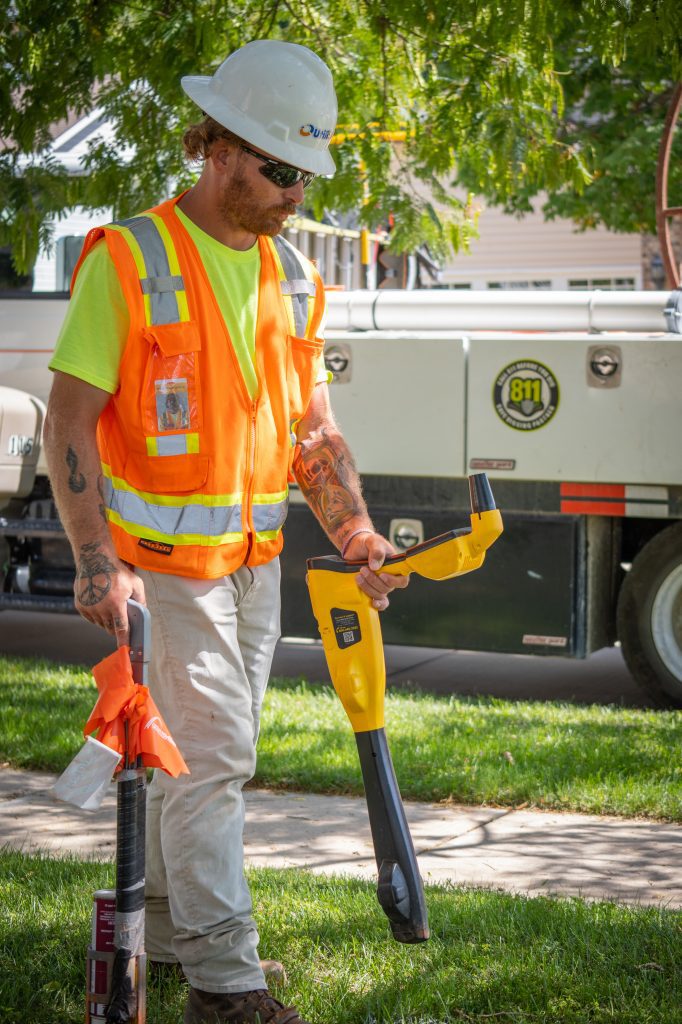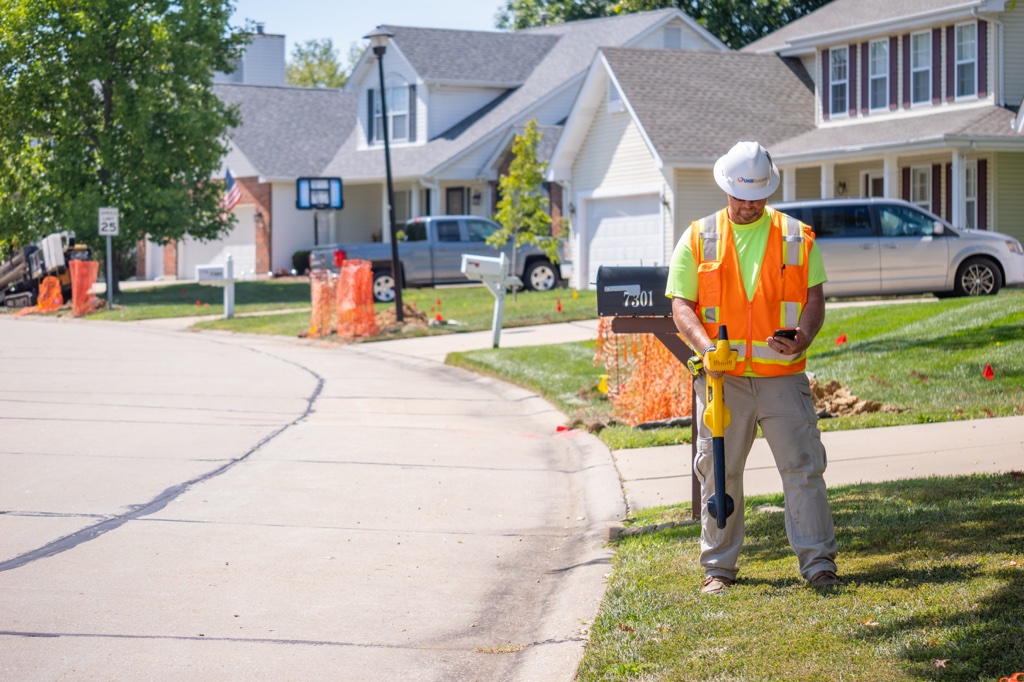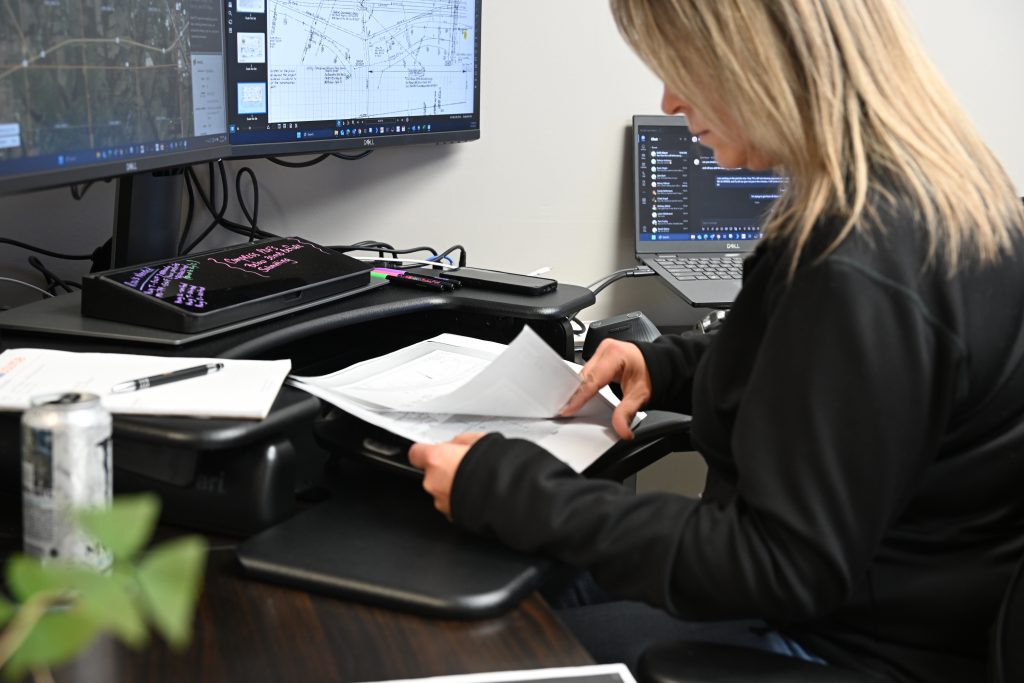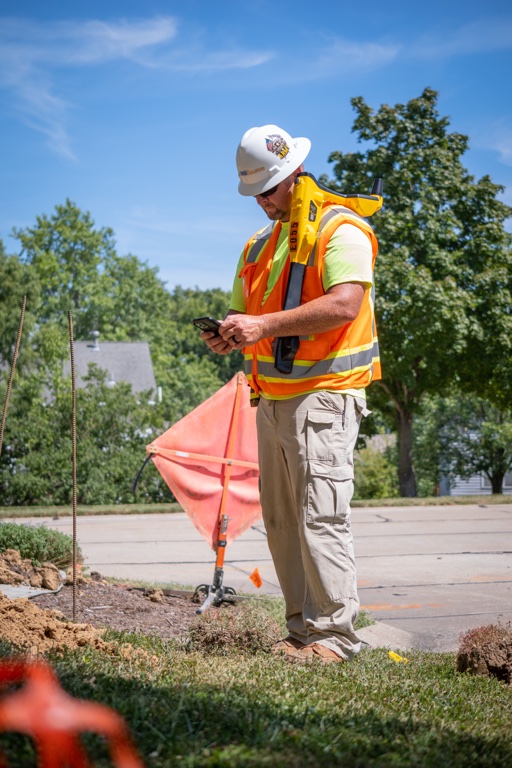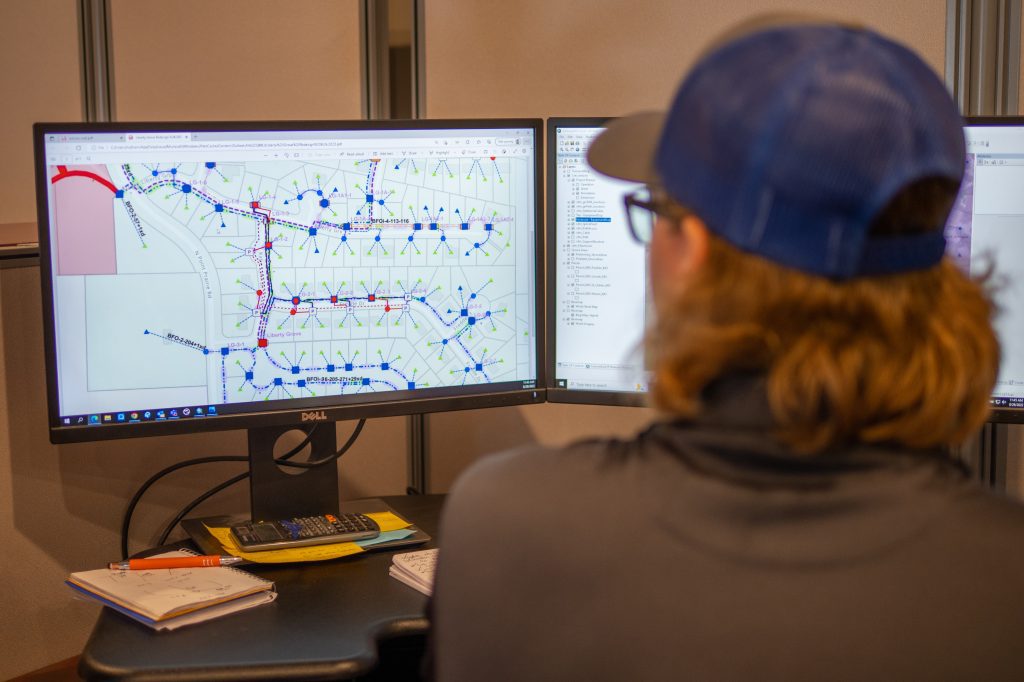What Are Utility Tickets?
A utility ticket is a formal request to identify and mark underground utilities before digging begins. Whether you’re repairing a road, installing a fence, or working on a large construction site, submitting a utility ticket is the first step in protecting buried infrastructure.
When a ticket is submitted, utility owners are required to send locators to mark the position of pipes, cables, and lines. These markings help contractors avoid accidentally damaging gas, water, electric, or fiber systems during excavation.
Why Utility Tickets Are Critical for Safety and Compliance
Digging without a ticket can lead to serious consequences—damaged utilities, service outages, gas leaks, or even injuries. Most states have laws requiring utility ticket submission through 811 call centers or online portals. Violating these laws can result in steep fines and project delays.
Beyond compliance, utility tickets are a frontline safety measure. They prevent accidents, reduce repair costs, and keep construction sites running on schedule. That’s why utility ticket management is essential for any municipality or contractor working underground.
How the Utility Ticket Process Works
Here’s a basic overview of how a utility ticket works:
- A contractor, homeowner, or utility company submits a request before excavation.
- The local 811 system notifies all utility owners in the area.
- Utility owners send locators to the site to mark the locations of their buried assets.
- Once marks are in place and clearance is received, digging can begin safely.
The typical waiting period between ticket submission and clearance ranges from 2 to 5 business days, depending on state regulations.
The Hidden Cost of Excessive Utility Tickets
While utility tickets are essential, unnecessary or duplicate tickets can overload locating teams and inflate project costs. Municipalities often see hundreds or even thousands of tickets each year—many of which are triggered by lack of communication or outdated asset maps.
When locators are overwhelmed by redundant requests, it leads to slower responses, rushed marking, and increased risk of error. For cities managing dozens of active projects, this can slow down entire timelines and erode public trust.
How UtiliSource Helps Cities Reduce Utility Tickets
UtiliSource supports local governments and infrastructure contractors by helping streamline the utility ticket process. Through its cloud-based coordination platform, UtiliSource enables teams to:
- Access up-to-date utility maps before generating tickets
- Reduce unnecessary locate requests
- Validate existing markings in the field
- Track tickets across multiple projects in real time
Instead of sending out redundant tickets for the same location, UtiliSource’s platform ensures that utility location data is captured, stored, and shared effectively. This minimizes waste and keeps locating crews focused where they’re actually needed.
Built for Field Use
UtiliSource equips field teams with mobile devices that allow them to confirm ticket status, log GPS-tagged photos of utility markings, and update mapping records directly from the site. This eliminates paperwork and keeps everyone on the same page—engineers, locators, contractors, and city officials alike.
The result? Faster project delivery, fewer delays, and a clear digital record of every dig site and utility marking.
Conclusion
Utility tickets are a critical part of safe digging practices, but managing them at scale requires the right tools and coordination. For cities, utilities, and contractors juggling multiple projects, a smart approach to ticket reduction can save both time and money.
UtiliSource helps organizations reduce ticket volume, improve mapping accuracy, and optimize utility locating workflows. By connecting field operations with centralized data, UtiliSource empowers safer, smarter digging every step of the way.


